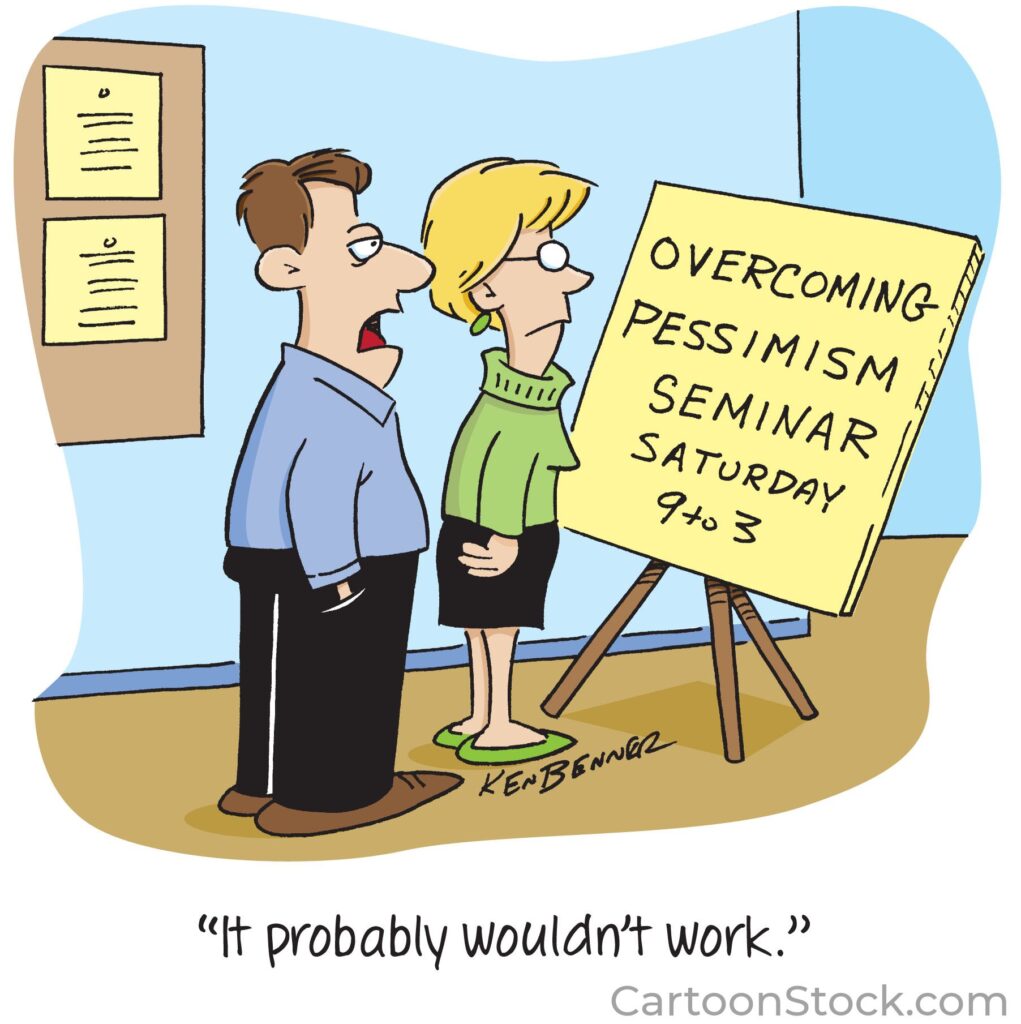
“No one thing is the cause.” Tolstoy, War and Peace
We live in a tumultuous world. Inflation is out of control, the war in Ukraine, Covid refuses to go away, severe famine, extreme climate, and Kroger’s is out of my favorite sausage. Serious, complicated problems. And each problem affects the others.
There are no simple answers to these complicated problems because they are multifactorial. When seeking solutions, our tendency is to take a mental shortcut and look for one cause. But there is no single cause.
We have the same tendency when analyzing successes. It’s convenient and seemingly efficient to identify one reason why the United States is a strong country, or why Djokovic won the 2022 Wimbledon tennis tournament, but there are many reasons for these successes. There is no single cause.
Resist quickly coming to singular causes. Take the time to identify multiple reasons something has happened.
-
-
- Approach everything in life as multifactorial; everything is complicated and interconnected.
- Most issues are progressing; factors are constantly changing.
- Don’t be too confident or smug about your conclusions. At best you’re probably not seeing the entire story; at worst, you’re wrong.
- Don’t discount other people’s thoughts and explanations. They too, have trouble seeing all the pieces, but they may see a piece that you don’t.
-
Life is complicated; if we want to see it clearly, we need to embrace its complexity.
On a completely different topic, here’s a good article on How to Have Better Arguments.



